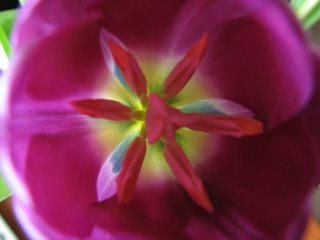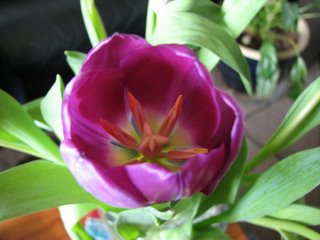 The number of religious believers in China could be three times higher than official estimates, according to a survey reported by state media.
The number of religious believers in China could be three times higher than official estimates, according to a survey reported by state media. A poll of 4,500 people by Shanghai university professors found 31.4% of people above the age of 16 considered themselves as religious.
This suggests 300 million people nationwide could be religious, compared to the official figure of 100 million.
The survey found that Buddhism, Taoism, Catholicism, Christianity and Islam are the country's five major religions - China considers Catholicism as separate to Christianity, which covers Protestantism.
About 200 million believers "are Buddhists, Taoists or worshippers of legendary figures such as the Dragon King and God of Fortune", the China Daily reported.
The survey also found a significant rise in Christianity - accounting for 12% of all believers, or 40 million, compared with the official figure of 16 million in 2005.
He said the average age of religious believers had fallen, with two-thirds of those in the poll who considered themselves religious aged between 16 and 39.
"This is markedly different from the previous decade, when most religious believers were in their 40s or older," he said in the Chinese-language Oriental Outlook magazine, which published the survey.
James: You just can't keep prevent people from believing what they want to believe. It is like trying to damn up a stream. You may keep a majority of the water blocked but water will still find it's way through cracks and holes in the damn. Water (faith) can brake apart and crumble even the strongest rocks (dictatorships) over time.
In a controlling society one can still find ways to express one's faith. Many believers meet in private homes. However, one does not have to attend an organized sangha, temple, church or group to practice faith. One can easily and effectively pray and meditate in one's everyday tasks and to yourself without anyone knowing what you are engaging in.
It reminds me of Jews that continued to practice their faith in concentration camps whenever and however they could. The suffering only made many stronger and more resolute.
And it seems to me that the more you try to keep people down and under control the more faith increases as people turn to religion for solace, peace and freedom from that control!!
As American president Abraham Lincoln said, "You can fool all the people some of the time, and some of the people all the time, but you cannot fool all the people all the time."
PHOTO CREDIT: NewsweekThe beginning of my Buddha tattoo below. This is just the outline. The robes will be colored the traditional saffron and the halo in a red blended to orange. The lotus petals will be a pinkish/lavender coloration. The face and hands will be in a greyish tone.

~Peace to all beings~



































